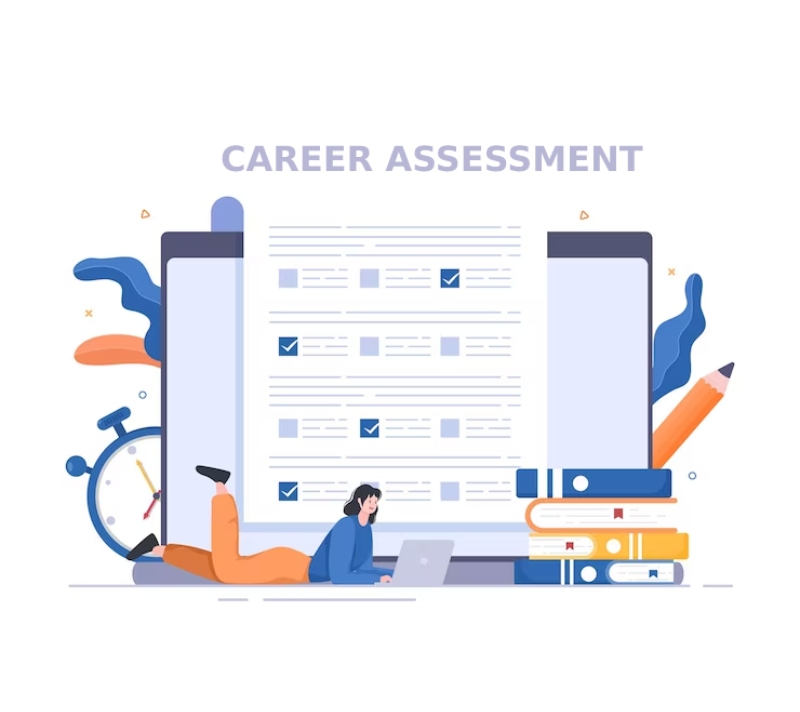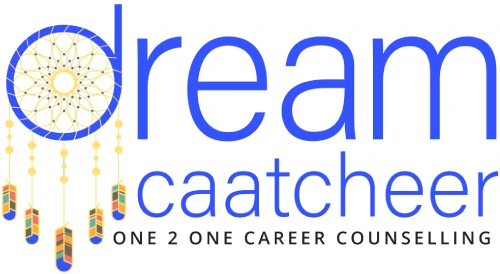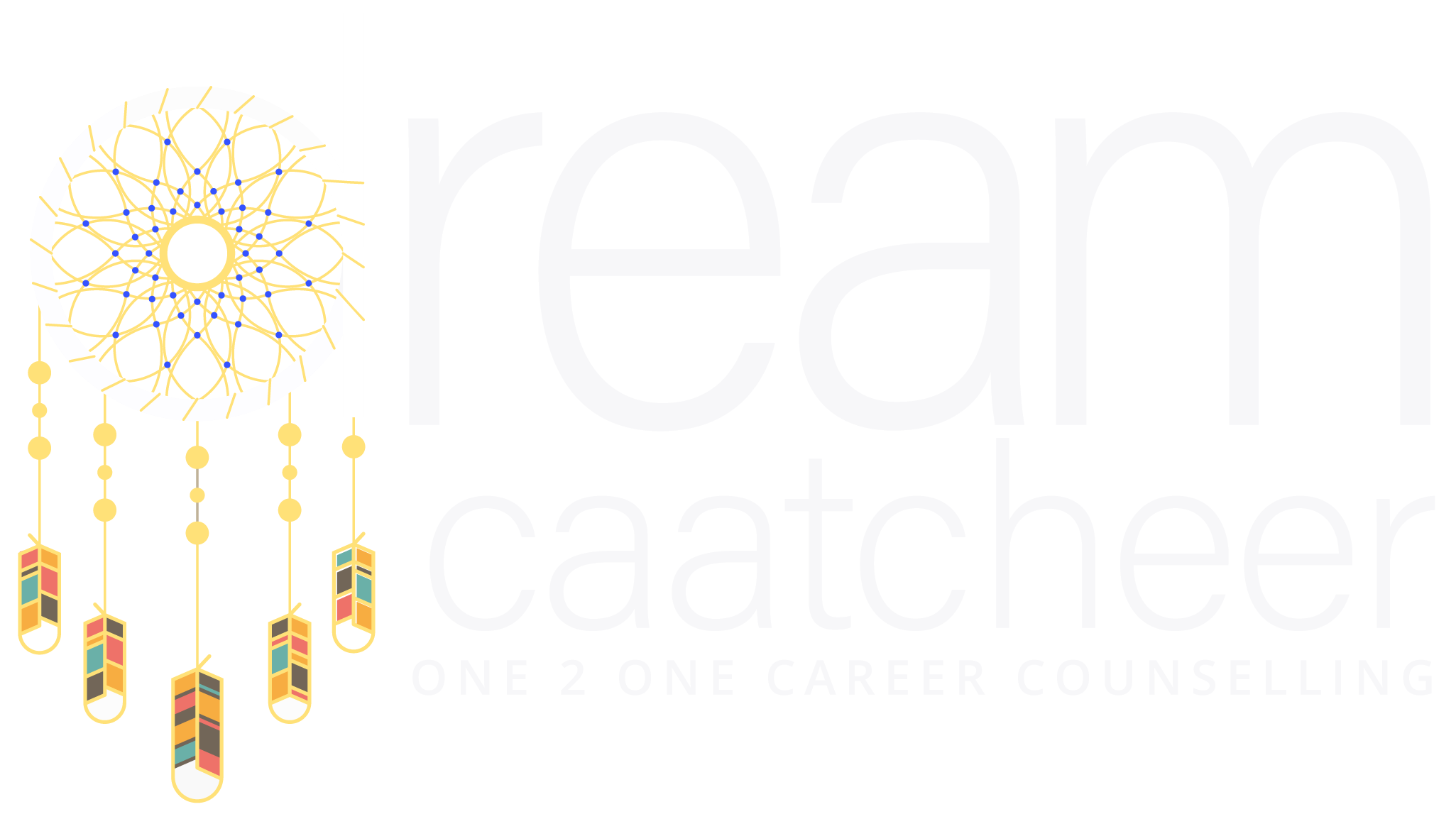What is career counselling?

Individuals can make intelligent decisions regarding their career path by developing a greater awareness of themselves, their abilities, interests, and values through career counselling. Here, the objective is to support people in pursuing rewarding professions consistent with their personal and professional goals.
Choosing a major is a crucial part of career counselling, though it’s only one of the many elements of the equation. Career counselling is a thorough process that includes evaluating one’s skills and limitations, identifying potential hurdles, and devising ways to get beyond them. It goes beyond merely selecting a major or a specific career route.
Along with helping individuals identify their strengths, weaknesses, and interests, career counselling sessions also help them understand how these factors impact their career choices and future opportunities. They also get the tools and strategies needed to manage their careers effectively, such as resume writing, networking, and interview skills, helping them make informed career decisions and position themselves for success in the future.

What can one expect from career counselling?
Career counselling helps students and professionals to be more sure about their career options, interests, skill and personality. The purpose of career counselling is to provide you with the knowledge and skills necessary to make future career and life decisions in addition to assisting you in making the decisions you need to make right now.
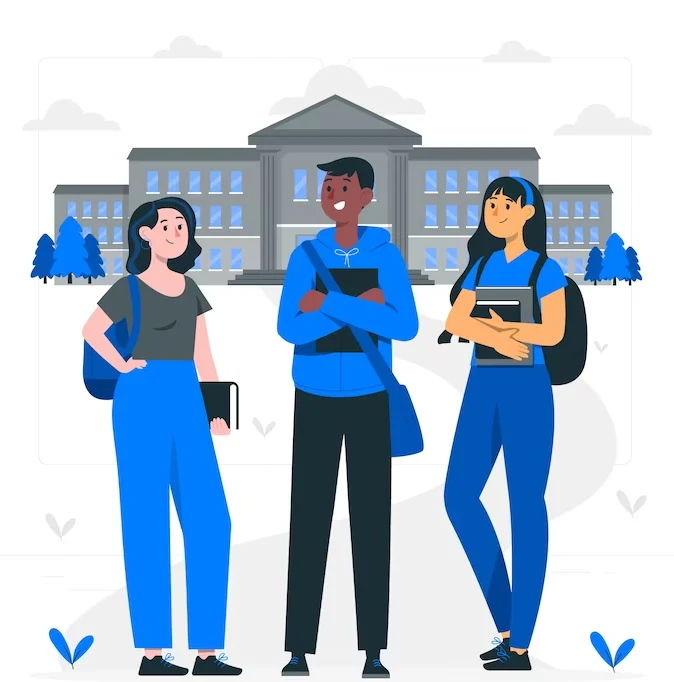
Self-Analysis and Self-Awareness:
Self-analysis and self-awareness are crucial components of career counselling that help students better understand their interests, values, personality traits, and skills. Career counsellors often use career assessment tests, such as aptitude tests, interest inventories, and personality assessments, to help students identify their strengths and areas for improvement. These tests can provide valuable insights into an individual’s natural abilities, learning style, work preferences, and career options that align with their unique profile.
Career Awareness:
Career counselling develops career awareness in students, helping them understand the meaning and importance of a career. A career is the consistent practice of a line of work that offers a sense of accomplishment, purpose, and financial security. An (ideal) successful career allows students to utilize their strengths and passions, and achieve their goals, affecting a positive change in their personal and professional life.

Choosing the right career is crucial for financial stability and security and positively impacts an individual’s overall well-being, including mental and emotional health. Career counsellors guide various aspects of a career, including job roles, industries, and educational requirements, and help students understand the necessary skills and education required for specific professions guiding the development of skills needed to succeed in the chosen career path.
Decision Making:
Career tests help students identify their aptitudes, interests, strengths, and skills. Career counsellors with a one-to-one counselling sessions help students understand their results and explore their preferred career options. Through this process, students can make informed decisions about their preferred career options, ultimately choosing a career path aligned with their unique strengths and interests. Proper decision-making requires clarity, and career- counselling sessions can help students be clear-minded about what they want. While career tests and counselling sessions can provide valuable insights, the final decision on a career path ultimately lies with the individual.
Action Plan:
Developing an action plan is a crucial part of career counselling. After conducting self-analysis, exploring career options, and identifying potential career paths, students need a concrete action plan to achieve their career goals. Counselling sessions with a career counsellor can be particularly helpful in developing an effective action plan that outlines the steps needed to achieve their desired career. It should include short-term and long-term goals and specific action steps for achieving them. The goals should be relevant, clear, achievable, measurable, and time-bound. These should be reviewed and updated regularly during follow-up counselling sessions with the career counsellor.
Implementation:
After developing the action plan, students need to take action to achieve the formulated goals, which may involve enrolling in educational or training programs, gaining relevant work experience, networking with professionals in the desired field, and actively searching for job opportunities. During the implementation phase, students should remain focused and committed to their career goals, despite any challenges or setbacks. One-to-one counselling sessions with a career counsellor can provide additional guidance and support as individuals work towards their career goals while providing a review of their progress so they can make adjustments as needed.
Who needs career counselling?
Career counselling can be beneficial for individuals at any stage of their career, including:

High school students who are deciding on their college major or career path.
College students who are trying to determine their career path or who need guidance on how to enter the workforce after graduation.
Mid-career professionals who are considering a career change or seeking guidance on how to advance in their current careers.

Individuals who are unemployed or underemployed and need assistance in finding a job or transitioning into a new career.
Retirees who are considering returning to the workforce or starting a new career in their retirement years.
In short, anyone who is feeling uncertain or overwhelmed about their career path, or who is interested in exploring new career opportunities, can benefit from career counselling.
Who is a career counsellor

A career counsellor is a professional who provides guidance and advice to individuals seeking to make informed decisions about their career paths.
They typically work with students and professionals to assess their skills, interests, values, and goals in order to help them identify potential career paths that align with their strengths and preferences.
Career counsellors may also provide resources and support to help a student understand what stream of studies they must choose, which professional course is best suited for the student and also help decide on which college to study and why
Career counsellors may also provide guidance in job search strategies, improve their resumes and cover letters, prepare for interviews, and navigate career transitions. Their goal is to help clients make informed decisions about their career development and achieve their professional goals.

Career counsellors responsibilities
The main goal of career counselling is to inform students and other clients about their professional options and help them reach their full potential.

Help Gain Knowledge
A career counsellor is a professional who provides guidance and advice to individuals seeking to make informed decisions about their career paths.
Provide Guidance
To set out a procedure for students looking for information and direction on their professional growth.
Career Path Navigation
It helps students find the best job route and navigate through many problems related to professional knowledge.
Conduct Skill Assessment
Assess an individual’s interests, skills, personality traits, and values to identify potential career paths that align with their strengths and interests.
Brainstorm and Understand
In the collaborative process of career counselling, the student and the counsellor work together to determine the client’s strengths and limitations, consider career alternatives, and create a career plan.
Create Personalised Career Plans
Help individuals develop personalized career plans, which outline short- and long-term goals and strategies for achieving those goals.


How a career counsellor can help
Career Counselling Sessions are designed to help students and professionals in discovering their passions, talents, personality quirks, skill sets, and values while pointing them in the direction of a good professional path. In these sessions, a professional counsellor often provides one-on-one counselling.
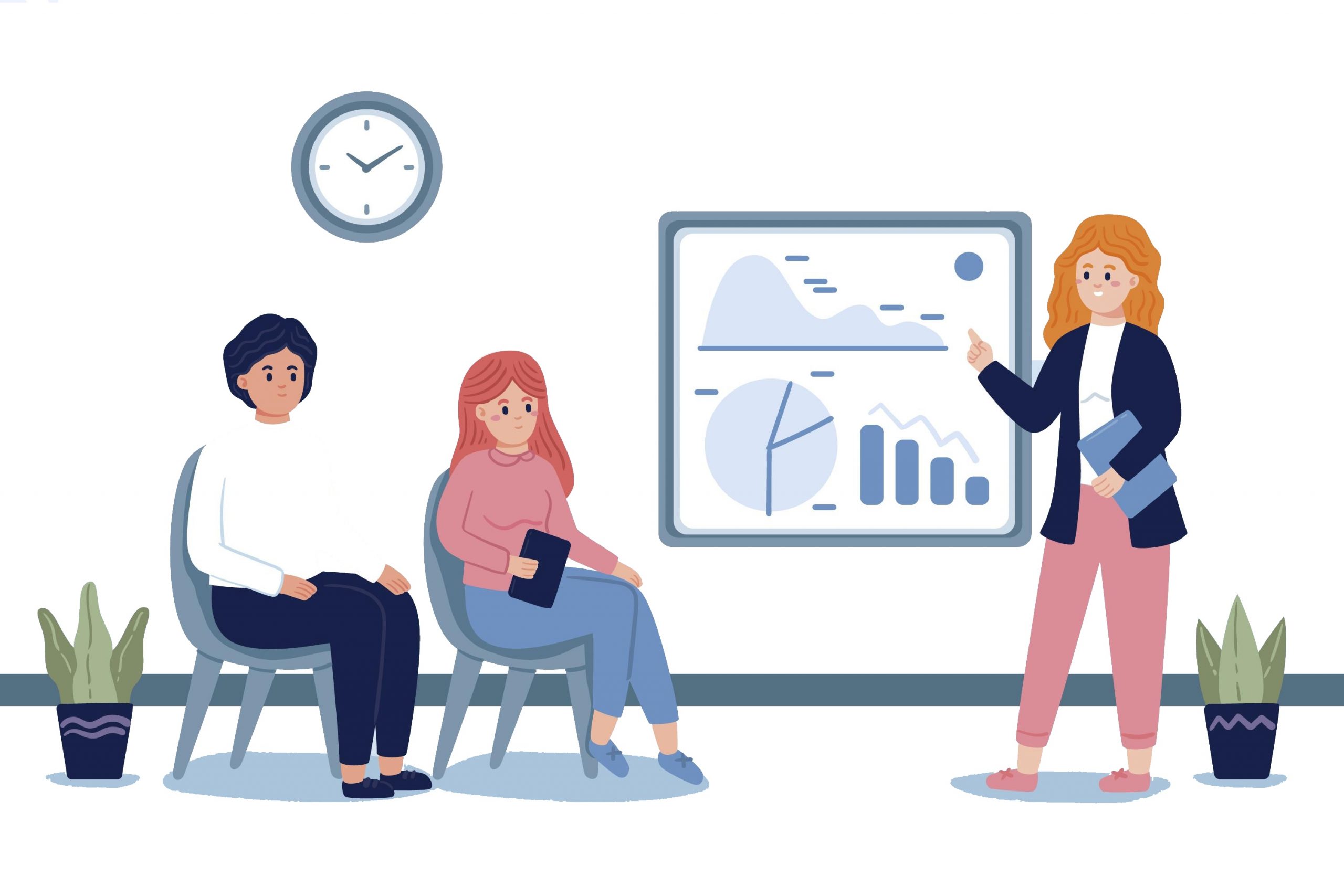
Initial Evaluation
In order to understand a student’s interests, talents, needs, and personality qualities, a counsellor may employ standardised tests, interviews, or inquiries.
Job Aspirations
The counsellor assists students in determining short- and long-term career goals in order to develop a realistic and workable plan.
Evaluation and development of skills
Counsellors evaluate students’ abilities and might advise on courses or programmes that will help them learn new skills.
Monitoring and Support
In order to track progress and assist students appropriately, counsellors may arrange follow-up meetings with the client.
Career Exploration
A career counsellor can help you research different career fields and job opportunities, and provide guidance on the education and training required for each.


How could you benefit from career counselling
Your career counsellor helps you identify your own strengths and interests. They guide you through a process of reviewing your options and defining the actions to advance towards your career path.
Career counselling is appropriate for everyone because professional growth is a lifelong process, from school children making future plans to seasoned professionals looking to switch careers while employed.

For Students
Career counselling can be immensely helpful for students in a number of ways:

Identifying interests and strengths
Career counselling can help students understand their strengths and interests, which is essential for making informed career choices.
Exploring right career options
Career counsellors can provide information about different career paths, job outlooks, and education requirements to help students make informed decisions about their career options.

Setting goals
Career counselling can assist students in setting realistic and achievable career goals, including short-term and long-term goals.
Developing career plans
Career counselors can work with students to develop a career plan, outlining the steps they need to take to achieve their goals.
For Professionals
Career counselling can be incredibly beneficial for professionals at any stage of their career, whether they are just starting out or looking to make a career transition.
Clarifying career goals
Career counselling can help professionals gain clarity about their career goals and aspirations. A career counsellor can work with the individual to identify their strengths, interests, values, and skills, and use this information to help them identify potential career paths that align with their goals.
Identifying obstacles
Sometimes professionals may face obstacles that prevent them from achieving their career goals, such as a lack of experience or skills, or difficulty finding the right job opportunities. A career counsellor can help identify these obstacles and develop strategies to overcome them.
Developing a career plan
A career counsellor can help professionals create a plan to achieve their career goals, taking into account their strengths, interests, and values, as well as any obstacles they may need to overcome.


Testimonials


Our Approach
Our approach is a systematic and structured way of helping clients identify their problems, explore their thoughts and feelings, and develop strategies to improve their well-being. Counselors use a range of approaches that may vary depending on the needs of the individual.
One popular approach is the person-centered approach, which focuses on the client's individual experience and their innate potential for growth and change. The counselor establishes a safe and non-judgmental environment, listens attentively to the client's concerns, and helps them gain insight into their thoughts and behaviors.

How can Our career test help you?
The test will help you identify your strengths and weaknesses
It helps in evaluating your personal attributes like skills and expertise, interests, motivations, values, and personality traits and guides you better in finding a suitable career.
It saves time that is spent in the initial session with a counsellor where the counsellors usually give you lengthy forms to fill up about your interest and skills
It gives the students/professionals a chance to have a different view of their personality and better understand themselves.
It helps to understand emotional intelligence and strengths and also helps to point out the areas for improvement in a friendly manner.
